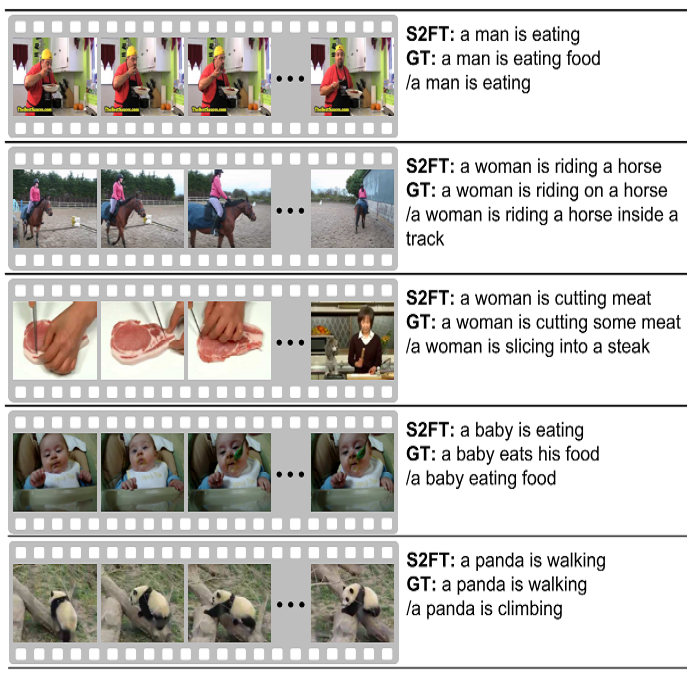With the rapid growth of video data on the internet, video summarization is becoming a very important AI technology. However, due to the high labelling cost of video summarization, existing studies have to be conducted on small-scale datasets, leading to limited performance and generalization capacity. In this work, we introduce the use of dense video captions as a supervision signal to train video summarization models. Motivated by this, we propose Cap2Sum, a model that learns to summarize videos by generating captions, to exploit dense video caption annotations. This weakly-supervised approach allows us to train the models on large-scale dense video caption datasets to achieve better performance and generalization capacity. To further improve the generalization capacity, we introduce a CLIP (a strong vision-language model) Prior mechanism to enhance the learning of important objects that captions may ignore in the videos. In practice, Cap2Sum can perform zero-shot video summarization or be fine-tuned by the ground-truth summary or video caption of the target dataset. To examine the performance of Cap2Sum after weakly-supervised fine-tuning by the video captions, we propose two new datasets, TVSum-Caption and SumMe-Caption, which are derived from two common video summarization datasets and will be publicly released. We conduct extensive experiments and the results demonstrate that our method achieves significant improvements in performance and generalization capacity compared with previous methods.
翻译:暂无翻译



